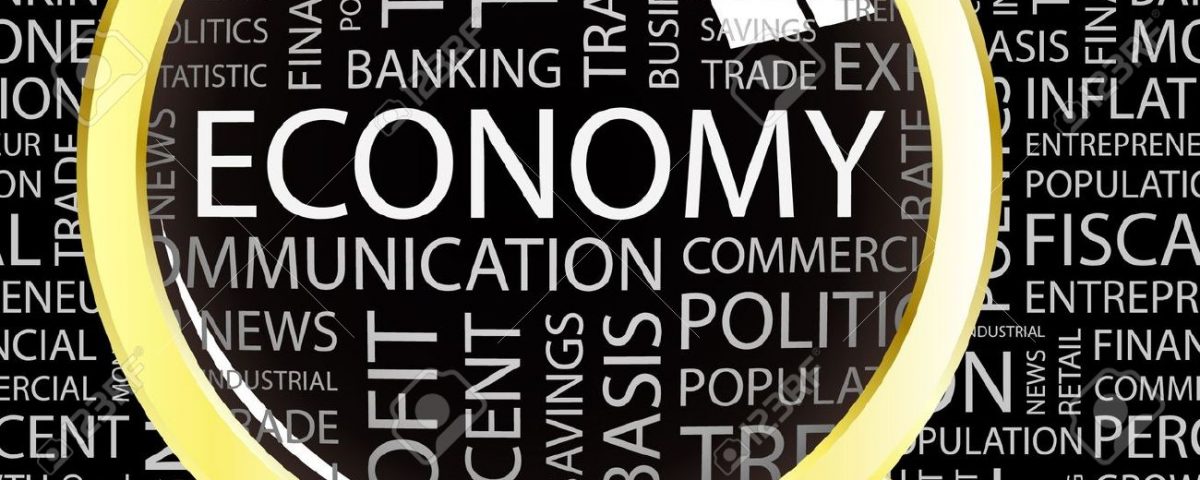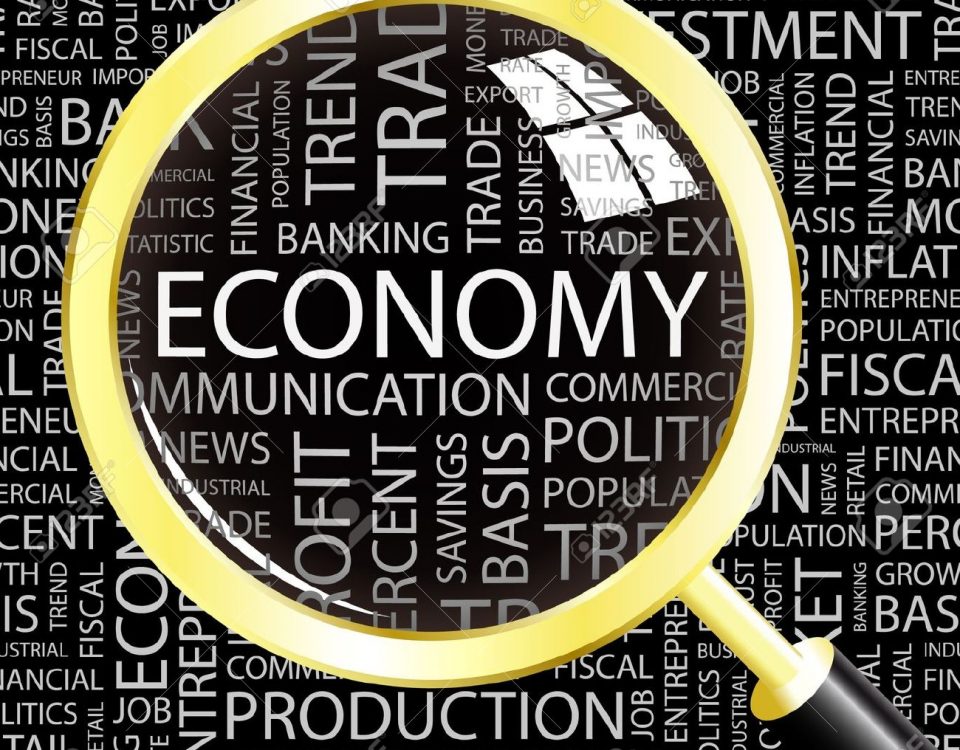World Update: UK’s Farage says EU’s Barnier doesn’t get Brexit

Africa Update: Egypt to hold presidential election March 26-28
January 9, 2018
Nigeria Update: Stock market indices sustain rising profile, up by N182b
January 10, 2018Leading Brexit campaigner Nigel Farage accused EU negotiator Michel Barnier of failing to understand why Britain voted to leave the union after the two men held their first official meeting on Monday.
Farage also urged the former French minister to compromise, including on financial services in any future EU-UK trade deal, saying Britain had already given enough in negotiations.
“Mr Barnier clearly did not understand why Brexit happened,” Farage, the former head of the UK Independence Party and still a member of the European Parliament, wrote on Twitter.
Britain voted to leave the European Union by a narrow 52 to 48 percent margin in June 2016 after a campaign in which Farage played a key role.
Farage later said in a video message: “He doesn’t understand for one moment that immigration was a big reason that we voted for Brexit. (It was) perfectly clear to me the British government hasn’t even discussed the subject with him so far.
“We’ve given an awful lot already, and in terms of him giving a bit back, to make sure there’s a deal on services and financial services, well, I wouldn’t say it’s a happy new year for the Brexit deal.”
He added that the chances of Britain leaving in March next year without an agreement on future relations with the EU — which would leave businesses subject to punishing World Trade Organisation tariffs — “will increase” without a compromise from Barnier.
Britain and the EU reached agreement in December on the terms of its exit from the bloc, including a multi-billion divorce bill.
They are expected to start talks in February on a transition phase after Britain leaves — the EU says it should last until the end of 2020 — during which most EU rules will still apply.
Negotiations on future trade and security relations are due to start in April, but the EU says it is impossible to agree on an actual trade deal until after Britain has formally left.
Barnier has travelled across Europe in recent months meeting governments to hear their wishes for the Brexit negotiations, but has also met several figures who are not directly involved in the talks, including British opposition Labour leader Jeremy Corbyn.

